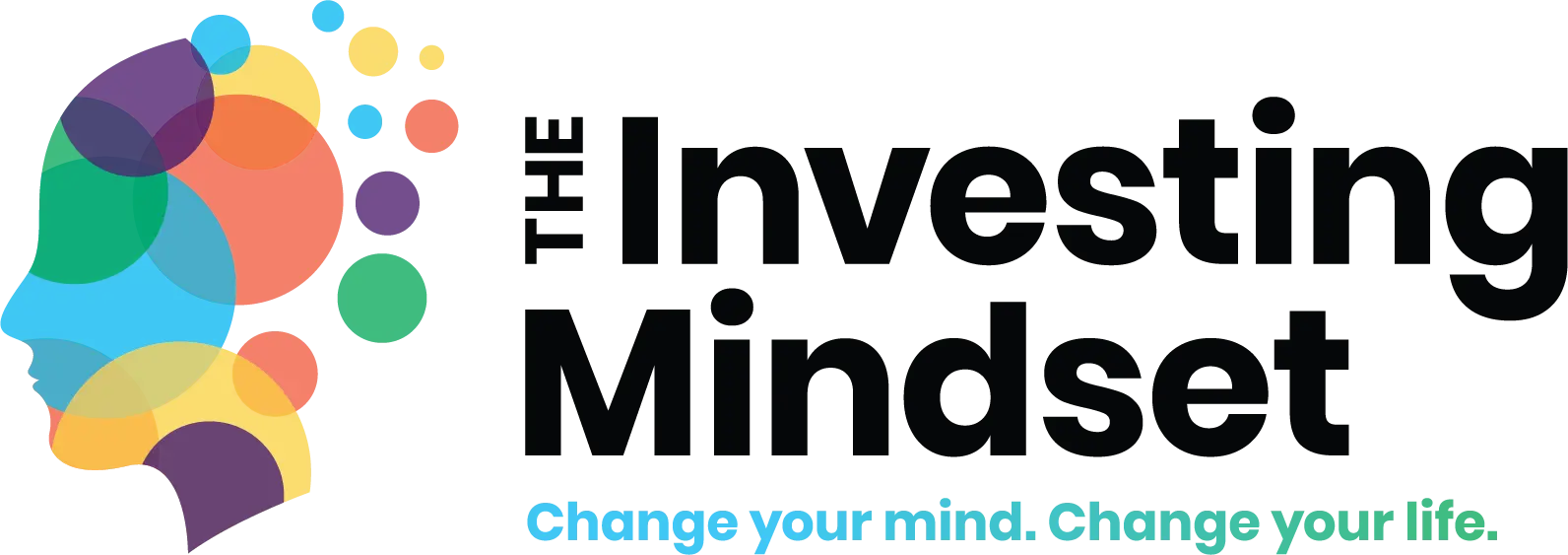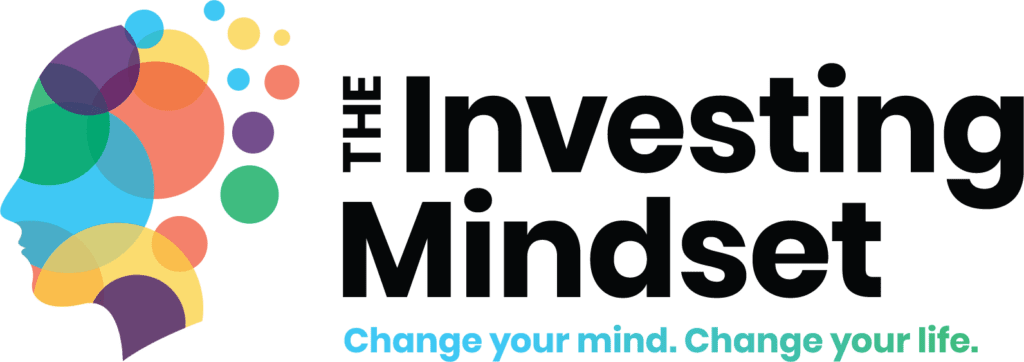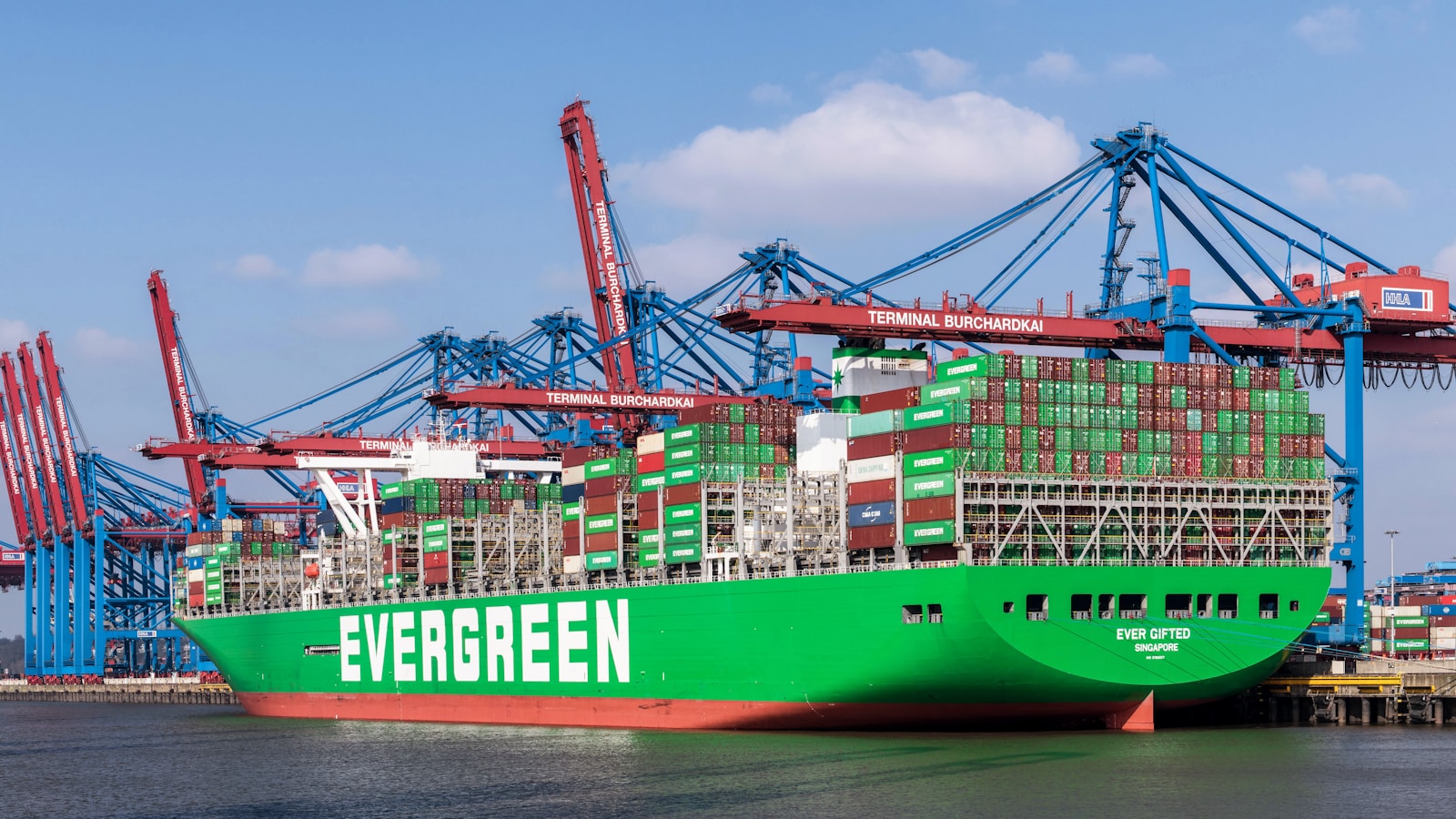In early 2025, the United States government introduced a sweeping set of global tariffs—taxes on imported goods designed to protect American industries and encourage domestic production. While this move may seem like a headline for economists or policymakers, the truth is much more personal: These tariffs are poised to reshape how much you spend, what you save, and how you navigate your financial future.
But this isn’t just a story about economics. It’s a story about resilience, growth, and how we choose to respond in times of uncertainty.
What Are Tariffs, and Why Are They Making Headlines?
Tariffs are essentially taxes placed on imported goods from other countries. The goal is to make these foreign items more expensive so that consumers buy more American-made alternatives. While this might boost certain industries over time, the immediate impact is a rise in consumer prices.
According to The Guardian, vehicle prices could increase by 16%, and iPhones may rise by over 30%. The Yale Budget Lab estimates the average household will see an additional $3,800 per year in expenses due to these tariffs.
🔍 Quick Visual: How Tariffs Hit Home
| Item | Current Price | Estimated Post-Tariff Price |
|---|---|---|
| iPhone | $1,000 | $1,300+ (📈 +30%) |
| Mid-range Car | $35,000 | $40,600 (📈 +16%) |
| Household Spending | — | +$3,800/year |
Sources: The Guardian, Yale Budget Lab
It’s Not Just About News — It’s About Your Life
If you’re watching inflation rise and hearing talk of global recession, you might be wondering: What can I actually do about it?
One answer lies in how you respond. Best-selling author Jim Rohn reminds us that the economy — like life — goes through cycles of prosperity and recession. These seasons are natural. The key, he says, is preparing your mindset and habits for both.
“Don’t wish it were easier; wish you were better.” — Jim Rohn
The Philosophy That Builds Financial Resilience
This timeless quote from personal development legend Jim Rohn captures the essence of how we should face financial adversity. Instead of hoping for easier times, we should invest in becoming more capable, more resilient, and more resourceful. Another one of Rohn’s powerful reminders adds:
“Your philosophy is the greatest determining factor in how your life works out.”
What you believe, how you think, and how you act in response to challenges — these shape your financial outcomes more than external events ever could.
🧠 Reflective Questions for Financial Resilience
- Am I dedicating time daily to improve myself and acquire new skills?
- Am I taking full responsibility for my financial choices, or blaming the economy?
- Do I view uncertainty as an opportunity to gain wisdom and resilience?
- Is my philosophy guiding me toward my desired financial future?
These aren’t just self-help questions — they’re tools for survival and success in a shifting economy.
💡 Practical Steps to Navigate 2025’s Financial Challenges
- Revisit your budget. Track every dollar and trim where necessary.
- Invest in skills. Learning something new could lead to higher income or new opportunities.
- Buy essentials in bulk. Avoid price surges on staple goods.
- Review your investments. Ensure your portfolio is diversified and tariff-aware.
- Build your emergency fund. Even small savings create powerful security.
Final Thoughts
The 2025 tariffs are real, and so are the challenges they bring. But you are not powerless. With the right mindset, a reflective philosophy, and practical financial habits, you can emerge stronger — even in tough times.
So instead of waiting for things to get easier, take Jim Rohn’s advice: get better. Make wiser choices. Take more focused action. And build a future that no policy or economic cycle can derail.
.


